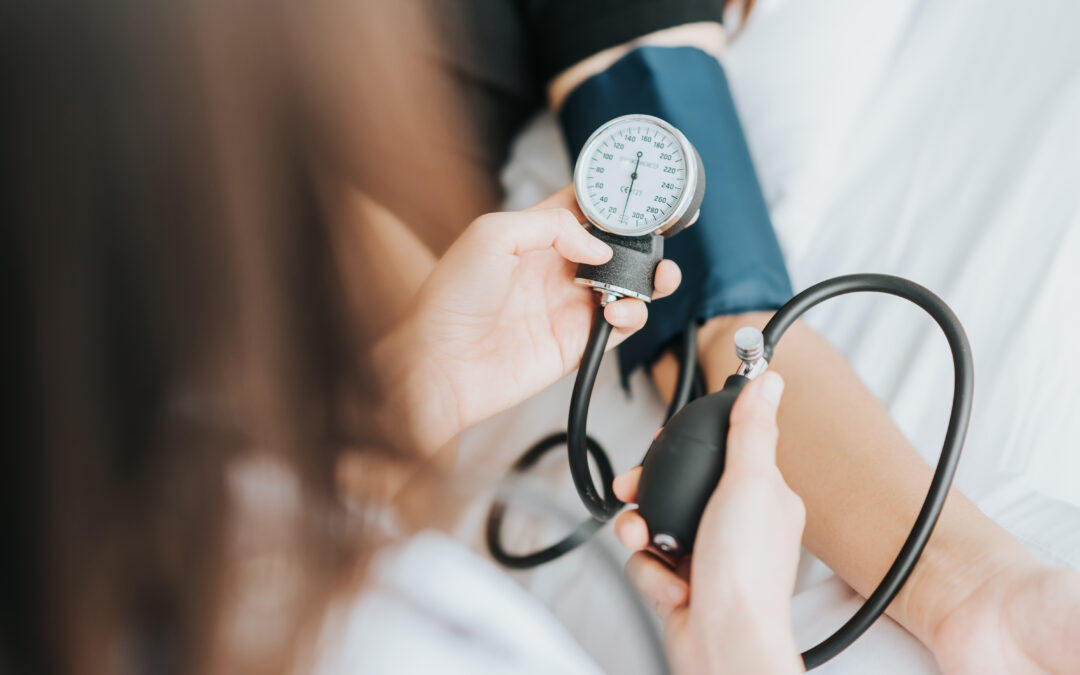
Sleep: It’s Vital for Your Heart and Health
Getting quality sleep on a regular basis is a core component of maintaining good health, but let’s face it. Most adults and children don’t get the recommended amount of sleep per night. In the long term, it’s harming our health and our hearts. For instance, many health effects of irregular sleep patterns directly correlate to the heart and health. Some of the biological processes that happen during sleep include:
- The brain stores new information and clears away waste
- Nerve cells communicate and reorganize to support healthy brain function
- The body repairs cells, restores energy, and releases hormones and proteins
- Blood pressure lowers to give the heart and blood vessels time to rest and repair
“For the cardiovascular system, insufficient or fragmented sleep can contribute to problems with blood pressure and heighten the risk of heart disease, heart attacks, diabetes, and stroke…”
– The Sleep Foundation
Regular sleep loss can carry extra weight and can lead to hypertension, also known as high blood pressure. The less sleep you get, the longer your blood pressure stays up during each 24-hour cycle. The more weight you gain, the bigger the strain on the heart. Eventually, high blood pressure can lead to heart disease or a stroke. But that’s just the beginning.
Circulatory Issues and Sleep
Over time, higher stress levels, less physical activity, and poor food choices can also hurt your heart and health. If you’re experiencing symptoms of circulation issues when sleeping such as waking with leg cramps, foot pain, or numbness in the extremities, talk to your doctor. Signs and symptoms of poor circulation include:
- Excessive fatigue
- Muscle cramping
- Pain and/or throbbing in arms and legs
- Numbness, swelling or tingling in extremities
- Cold hands and feet
- Consistent/constant foot pain
- Extreme paleness or blue-tinged skin
- Digestive problems
- Poor wound healing
- Varicose veins
Sleep Apnea and Heart Disease
Obesity is the most common cause of sleep apnea in adults. Sleep apnea is characterized by frequent airway blockages during sleep, causing you to stop breathing for short periods. Left untreated, sleep problems can harm your heart health over time.
We’ve only just begun to touch on the number of ways that sleep loss and poor circulation can harm your overall health. If you’re regularly experiencing sleep disruptions like insomnia, heavy snoring or other issues related to sleep, consult with your doctor or a sleep specialist to identify the source of the issue and potential treatment. It could save your heart and health.
Ready to get better sleep but not sure how to approach it? Have questions about sleep disorders? Ask a Sleep Coach, and get on the path to better sleep and better health.


